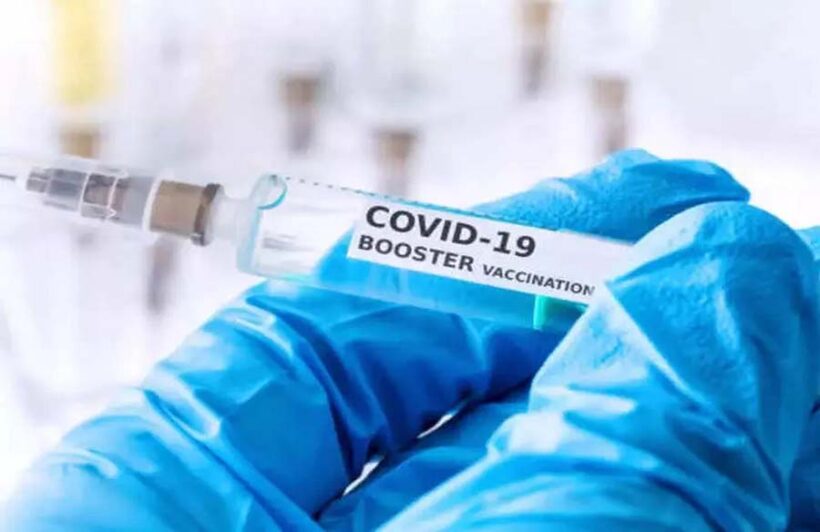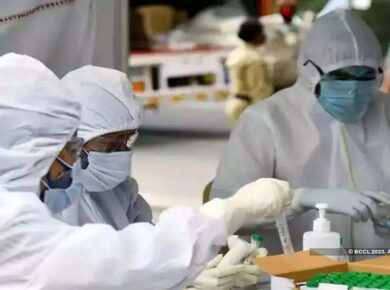As Covid-19 cases resurge globally and India witnesses the emergence of new variants like XBB.1.5 and BF.7, the National Technical Advisory Group on Immunisation (NTAGI) is deliberating the rollout of a second booster dose or fourth dose of Covid vaccine for the Indian populace.
Discussions and Considerations
Experts within NTAGI are engaged in discussions regarding the possibility of introducing a second booster dose. Detailed scrutiny of scientific data will precede any recommendations made by the technical group.
Advocacy for Additional Vaccination
Last week, doctors from the Indian Medical Association (IMA) recommended the approval of a fourth Covid-19 vaccine for the population during discussions with Union Health Minister Mansukh Mandaviya.
International Precedents
Countries like New Zealand have already approved a second booster dose for individuals at higher risk of severe illness from Covid-19. This additional dose is administered at least six months after the previous dose or three months post a Covid-19 infection.
Booster Dose Coverage
While contemplating second booster doses, India is also striving to enhance the coverage of first booster doses across the nation. Since January 2022, India has administered 15 crore booster doses to individuals aged 15-59 years and over 69 crore doses to those aged 60 plus years.
Vaccine Hesitancy
Despite efforts to boost vaccination rates, reports indicate reluctance among the populace to receive booster doses. Currently, only 28% of the eligible population in India has received the first booster dose, leading to concerns over vaccine wastage.
Public Perception and Demand
A survey conducted by LocalCircles indicates that 64% of Indians are hesitant to receive the booster dose, with rising concerns about heart attacks in young individuals cited as a major deterrent.
Vaccine Shortages and Government Response
Some states, including Gujarat and Uttar Pradesh, have reported shortages of Covid-19 vaccines amidst increasing demand. However, efforts are underway to replenish vaccine stocks and ensure adequate coverage across the nation.
Surveillance of Variants
Recent reports highlight the detection of 11 different Covid-19 variants in India through testing of international travelers at various points of entry. This underscores the importance of continued vigilance and robust vaccination strategies to combat evolving challenges posed by the pandemic.










